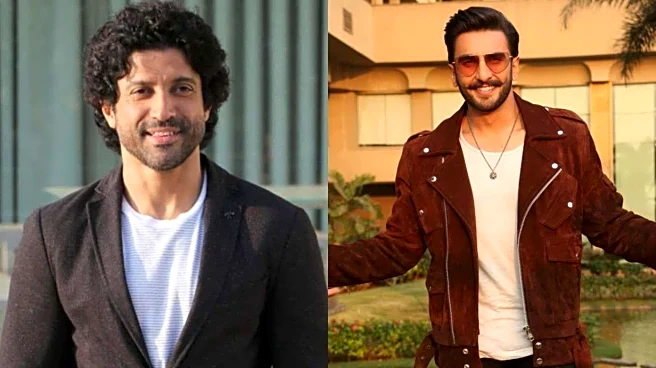We live in a paradoxical age, one where the world fits within our palms, yet our hearts often feel heavier than ever. Technology has revolutionized the way we connect, communicate, and express ourselves.
With a single tap, we can reach anyone across the globe. And yet, amid the constant buzz of notifications and endless scrolling, the question remains: are we truly connected, or are we drifting further apart?
The Illusion of Constant Connection
“Technology has transformed the way we connect, communicate, and build relationships,” says Prof. (Dr.) Rajesh Kumar, Professor of Practice, School of Behavioral and Social Sciences, Manav Rachna International Institute of Research and Studies. “The influence of social media and fast messaging platforms has made global interaction easier than ever. People can stay in touch 24/7, yet this heavy dependence on digital platforms has created an emotional crisis marked by loneliness, isolation, and anxiety.”
The irony is hard to ignore, never before have we been so connected, yet so emotionally distant. The problem, as Dr. Kumar points out, is that digital communication often lacks authenticity and the warmth of human touch. “Online platforms are driven by speed and convenience, but interactions there often remain superficial, filtered, and modified,” he explains. “The constant need for likes, comments, and validation from strangers creates emotional fatigue. The screen connects us, but it also separates us.”
When “Online” Becomes Overwhelming
The consequences of constant online engagement extend far beyond mental fatigue. Studies show that excessive social media use can lead to stress, hypertension, insomnia, and even infertility, particularly among the youth. The brain’s dopamine reward cycle that quick rush of pleasure after each notification may give temporary satisfaction, but it slowly erodes mindfulness and emotional depth.
Dr. Kumar emphasizes that restoring balance requires conscious effort, “We must set digital boundaries, spend time with family, engage in open conversations, and practice mindfulness through sports, yoga, and meditation. Taking time for silence and self-reflection helps us reconnect with what’s real.”
The Digital Paradox of Our Time
Echoing this sentiment, Prof. Saamdu Chetri, Director, Yogananda School of Spirituality and Happiness, Shoolini University, calls the modern world a “digital paradox.” He explains, “Digitally, the world is within our fingertips, yet it remains distant. Technology has tied us together with invisible threads that can reach us anywhere, anytime and yet, many feel increasingly alone.”
Prof. Chetri refers to long-term research by Harvard University, which found that meaningful relationships are the most important factor contributing to happiness. “What the digital identity provides, however, is superficial companionship,” he says. “Technology is turning us into machines. We swipe through snapshots of others’ lives but rarely take the time to reflect on our own feelings.”
Losing Touch with Ourselves
Chetri also warns that our dependence on technology has begun to reshape the way we think and feel. “Even the basic levels of learning remembering and understanding are being outsourced to the internet,” he explains. “As a result, emotions like kindness, love, and gratitude are drifting farther away, leading to more mental health issues.”
This digital overstimulation creates instability and separation from ourselves, from others, and from nature. “We are digitally connected yet disconnected from our inner self,” he says. “To heal, we must practice mindfulness, spend time in nature, and engage in acts of love and service. These are not just spiritual ideas; they are psychological necessities in today’s world.”
Relearning to Be Human
Both experts agree on one essential truth our digital habits must be balanced by intentional human connection. The modern challenge is not to abandon technology, but to use it consciously. That means pausing before we scroll, listening when someone speaks, and being present in the moments that matter.
As Prof. Chetri beautifully concludes, “We must learn to create boundaries as a rule for ourselves because life is beyond the screens. Let us learn to remain human in this digital age.”
Technology connects us in ways that once seemed impossible, but emotional well-being requires something simpler presence, empathy, and touch. As Prof. (Dr.) Rajesh Kumar reminds us, “True relationships and emotional health are nurtured not by screens, but by presence and warmth of the heart.”
In a world that rewards being “always on,” perhaps the bravest act is to simply log off and be real.


/images/ppid_a911dc6a-image-177107062796921011.webp)




/images/ppid_a911dc6a-image-17710700586131340.webp)
/images/ppid_a911dc6a-image-177107002875928030.webp)
/images/ppid_a911dc6a-image-177107008754197673.webp)

